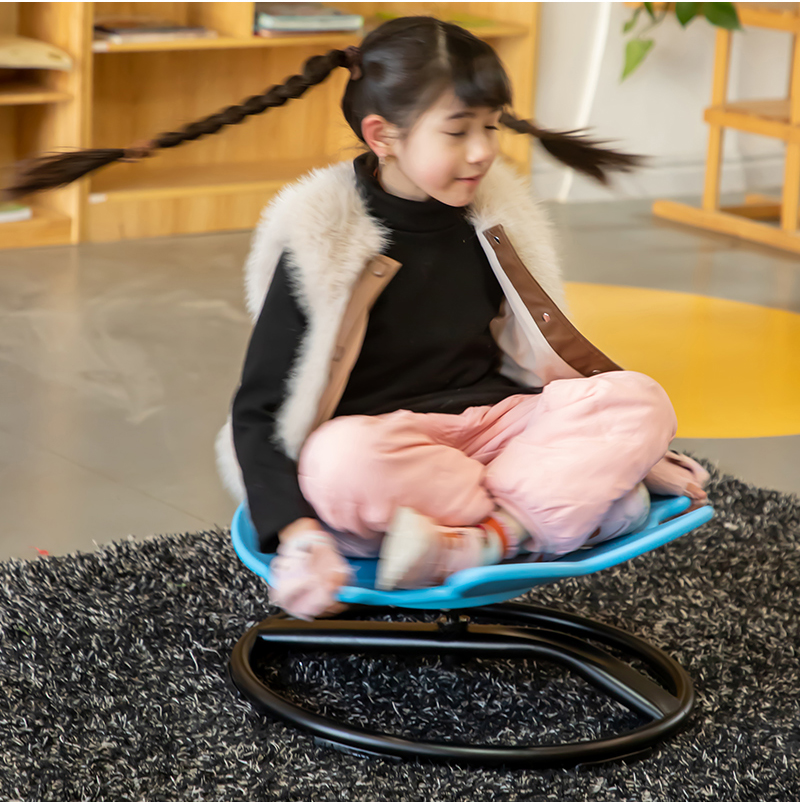How Much Does a Kid's Scooter Weigh?
When it comes to choosing the right scooter for your child, there are several factors to consider. One of the most important aspects is the weight of the scooter. Understanding how much a kid's scooter weighs can greatly influence your purchasing decision and ensure that you select a model that meets your child's needs. In this article, we will explore the different types of kid’s scooters, their typical weight range, and the implications of scooter weight on performance and usability.
Types of Kid's Scooters
Kid’s scooters come in various types, each designed for different ages and skill levels
. The main categories include two-wheeled scooters, three-wheeled scooters, electric scooters, and stunt scooters.1. Two-Wheeled Scooters These are the most common type of scooters for kids. They generally weigh between 5 to 10 pounds (2.3 to 4.5 kg). Lightweight models are perfect for younger children who may struggle to lift heavier scooters.
2. Three-Wheeled Scooters Designed for stability, the three-wheeled scooters are popular among younger kids who are just starting out. Their weight can range from 5 to 12 pounds (2.3 to 5.4 kg), with some models being heavier due to additional features for safety and stability.
3. Electric Scooters These scooters are the next step in the evolution of kid's scooters. They come equipped with motors and batteries, making them heavier, usually weighing between 20 to 30 pounds (9 to 13.6 kg). While they offer a fun riding experience, it's essential to consider that their weight might be cumbersome for younger children to handle independently.
4. Stunt Scooters Designed for tricks and experienced riders, stunt scooters are generally more robust and can weigh between 7 to 12 pounds (3.2 to 5.4 kg). These scooters are often made from durable materials to withstand impacts but can be heavier than standard scooters.
Weight and Performance
lehuo how much does a kid scooter weigh

The weight of a kid's scooter plays a crucial role in its performance, as it affects the ease of handling, speed, and maneuverability.
- Ease of Use Lighter scooters are easier for kids to manage. They can lift, carry, and control them without much effort, making them perfect for younger children. This ease of use helps build confidence as they learn to ride.
- Stability and Speed Heavier scooters can offer better stability, especially at higher speeds. However, too much weight can be a disadvantage for younger riders, making it difficult for them to push off or slow down when necessary.
- Storage and Transportation If you plan to carry the scooter around, such as storing it in the car or bringing it to the park, the weight can be a significant factor. Lighter scooters are generally more portable and require less effort to transport.
Choosing the Right Weight
When selecting a scooter, it is essential to consider your child's age, weight, and skill level. Generally speaking, if a scooter is too heavy for your child, it can hinder their ability to ride safely and confidently. Look for a weight that balances sturdiness and manageability. A good rule of thumb is to choose a scooter that weighs no more than about 25% of your child’s body weight for optimum control and safety.
Conclusion
In summary, the weight of a kid's scooter is an important consideration when making a purchase. Whether you choose a two-wheeled, three-wheeled, electric, or stunt scooter, understanding the weight implications can ensure that you select a model that suits your child's needs. A well-balanced scooter not only enhances the riding experience but also promotes safety and confidence. By keeping these factors in mind, you can find the ideal scooter that your child will enjoy for years to come.
-

 Scoot&RideKids Child Kick Push Scooter 3 Wheels with LED Flashing Tilt Lean Boys Girls Scooter
Scoot&RideKids Child Kick Push Scooter 3 Wheels with LED Flashing Tilt Lean Boys Girls Scooter




- 4
$33.17 -

 Scoot&RideKids Scooter Child Kick Flashing LED Light Up 3 Wheel Push Adjustable Folding 3
Scoot&RideKids Scooter Child Kick Flashing LED Light Up 3 Wheel Push Adjustable Folding 3- 0
$25.52 -

 Scoot&RideKids Scooter Child Kick Flashing LED Light Up 3 Wheel Push Adjustable Folding 2
Scoot&RideKids Scooter Child Kick Flashing LED Light Up 3 Wheel Push Adjustable Folding 2- 0
$33.17 -

 Scoot&RideKids Scooter Teens Foldable Kick Push Scooter Adjustable Height Safe 2 Wheels
Scoot&RideKids Scooter Teens Foldable Kick Push Scooter Adjustable Height Safe 2 Wheels




- 4
$49.99
Meet our partners and discover what powers their creativity!
When you register for a Lohas scooter, you will receive a 10% discount on your first order and can be notified of sales, new product launches and other offers in advance.









